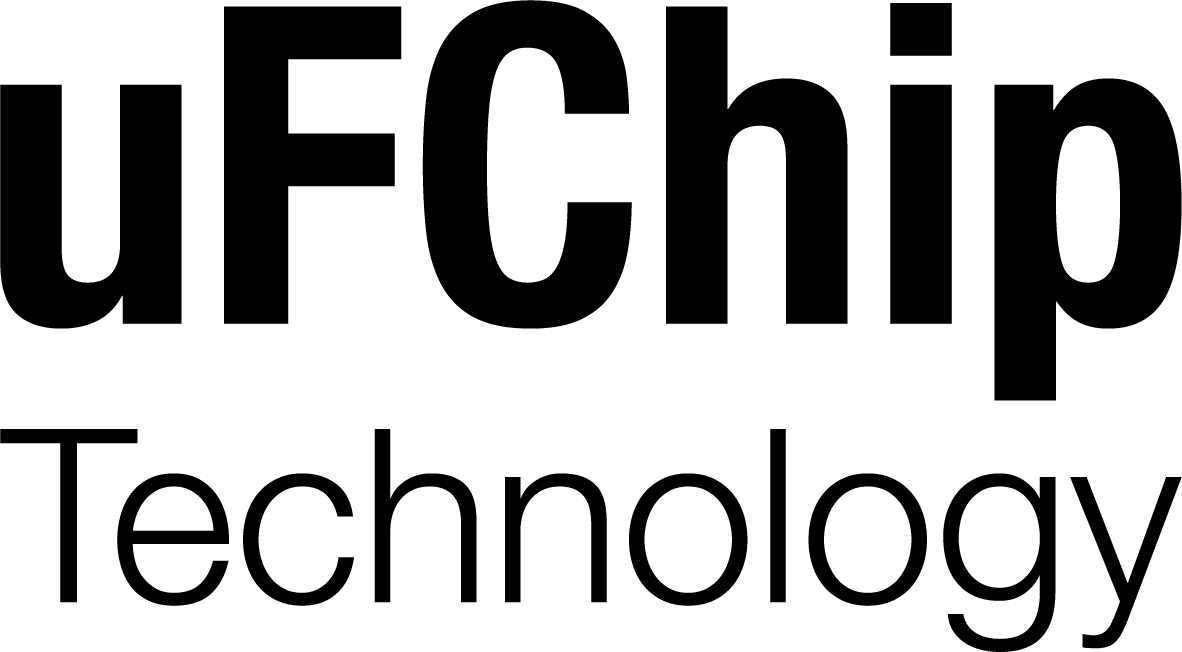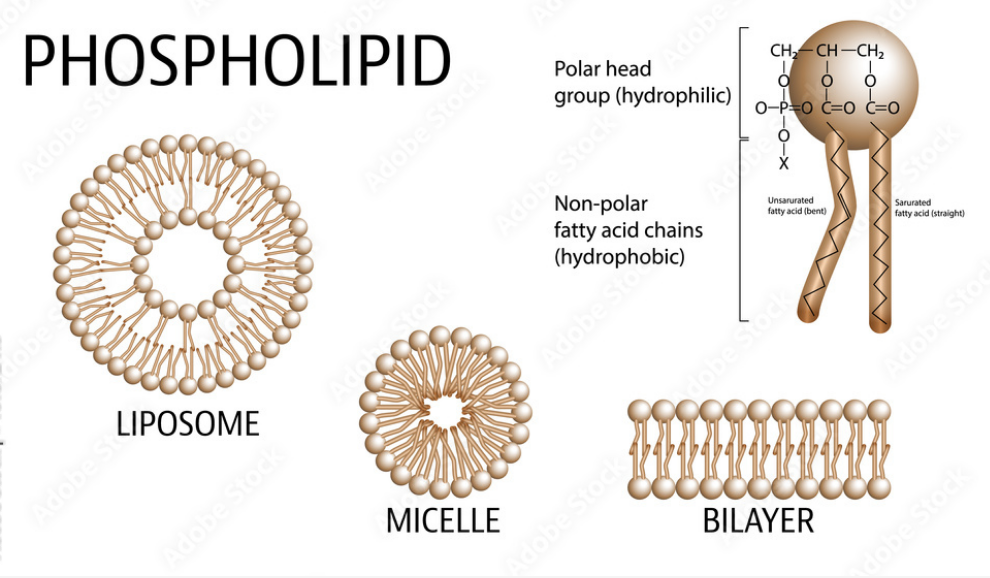A liposome is a spherical vesicle composed of one or more phospholipid bilayers, which can encapsulate various substances, including drugs, nutrients, and cosmetic ingredients. Scientifically, a liposome is defined as a microscopic artificial vesicle consisting of an aqueous core enclosed in one or more phospholipid layers. Liposomes are used primarily for their ability to enhance the delivery and efficacy of encapsulated substances, improving their stability, bioavailability, and targeted delivery.
Pharmaceutical Examples of Liposomal Drugs
Liposomal formulations have revolutionized the pharmaceutical industry by enhancing the therapeutic index of drugs. Some notable examples include:
– Doxil (Doxorubicin HCl Liposome Injection): Used in the treatment of ovarian cancer, multiple myeloma, and Kaposi’s sarcoma.
– AmBisome (Liposomal Amphotericin B): An antifungal medication used to treat severe fungal infections.
– DepoCyt (Cytarabine Liposome Injection): Used for the treatment of lymphomatous meningitis.
Importance of Liposomes in Nutritional Supplements and Cosmetics
Liposomes play a crucial role in increasing the bioavailability of nutrients and active ingredients in both dietary supplements and cosmetic products. When ingested or applied topically, liposomal formulations enhance the absorption and efficacy of the encapsulated substances. This is particularly beneficial for:
– Vitamins and Minerals: Liposomal Vitamin C and Vitamin D are known for their superior absorption rates compared to traditional forms.
– Antioxidants: Liposomal Glutathione and CoQ10 offer enhanced cellular uptake.
– Skincare Ingredients: Liposomal formulations of retinol, hyaluronic acid, and peptides improve skin penetration and efficacy.
Types of Active Ingredients Benefiting from Liposomal Formulation
Certain active ingredients significantly benefit from being encapsulated in liposomes due to their inherent properties and the challenges associated with their delivery. These include:
– Hydrophobic Drugs: Poorly water-soluble drugs like curcumin and resveratrol.
– Sensitive Molecules: Compounds that are easily degraded, such as certain vitamins and peptides.
– Targeted Therapies: Drugs that require targeted delivery to specific tissues or cells, such as cancer therapeutics.
Economic and Branding Advantages for Companies Using Liposomal Active Ingredients
Incorporating liposomal active ingredients offers several economic and branding advantages for companies:
– Enhanced Product Efficacy: Improved bioavailability and targeted delivery can lead to better clinical outcomes and customer satisfaction.
– Market Differentiation: Liposomal formulations can serve as a unique selling proposition, setting products apart in a crowded market.
– Premium Pricing: The advanced technology and superior performance of liposomal products justify higher price points, potentially increasing profit margins.
In summary, liposomes are versatile and effective carriers that enhance the delivery and efficacy of various substances in pharmaceuticals, nutritional supplements, and cosmetics. They improve the bioavailability of active ingredients, making them particularly beneficial for hydrophobic drugs, sensitive molecules, and targeted therapies. For companies, the use of liposomal active ingredients offers significant economic and branding advantages, including enhanced product efficacy, market differentiation, premium pricing, and increased brand loyalty. Embracing liposomal technology can lead to innovative products that meet consumer demands for high-performance solutions.


